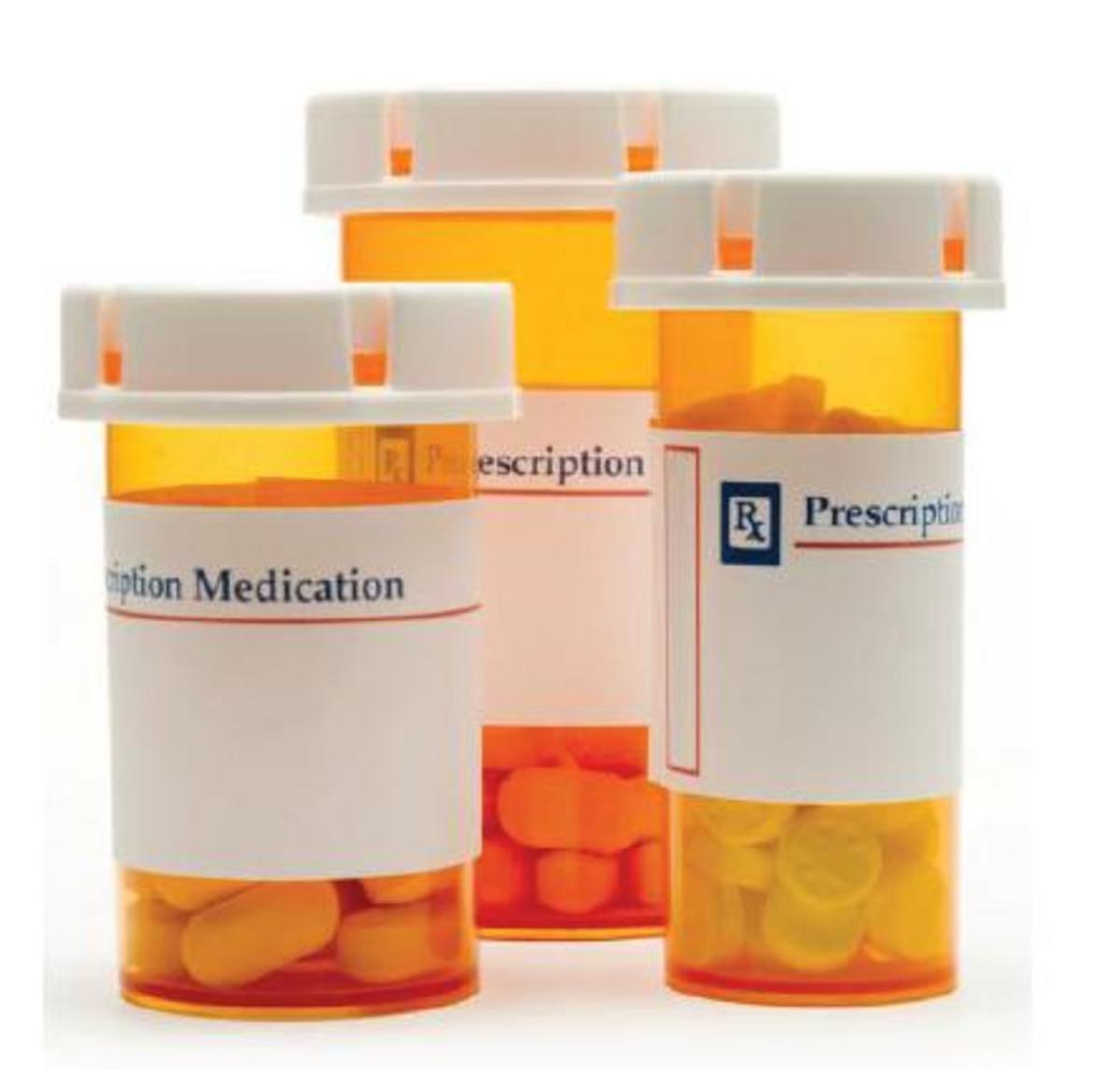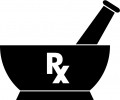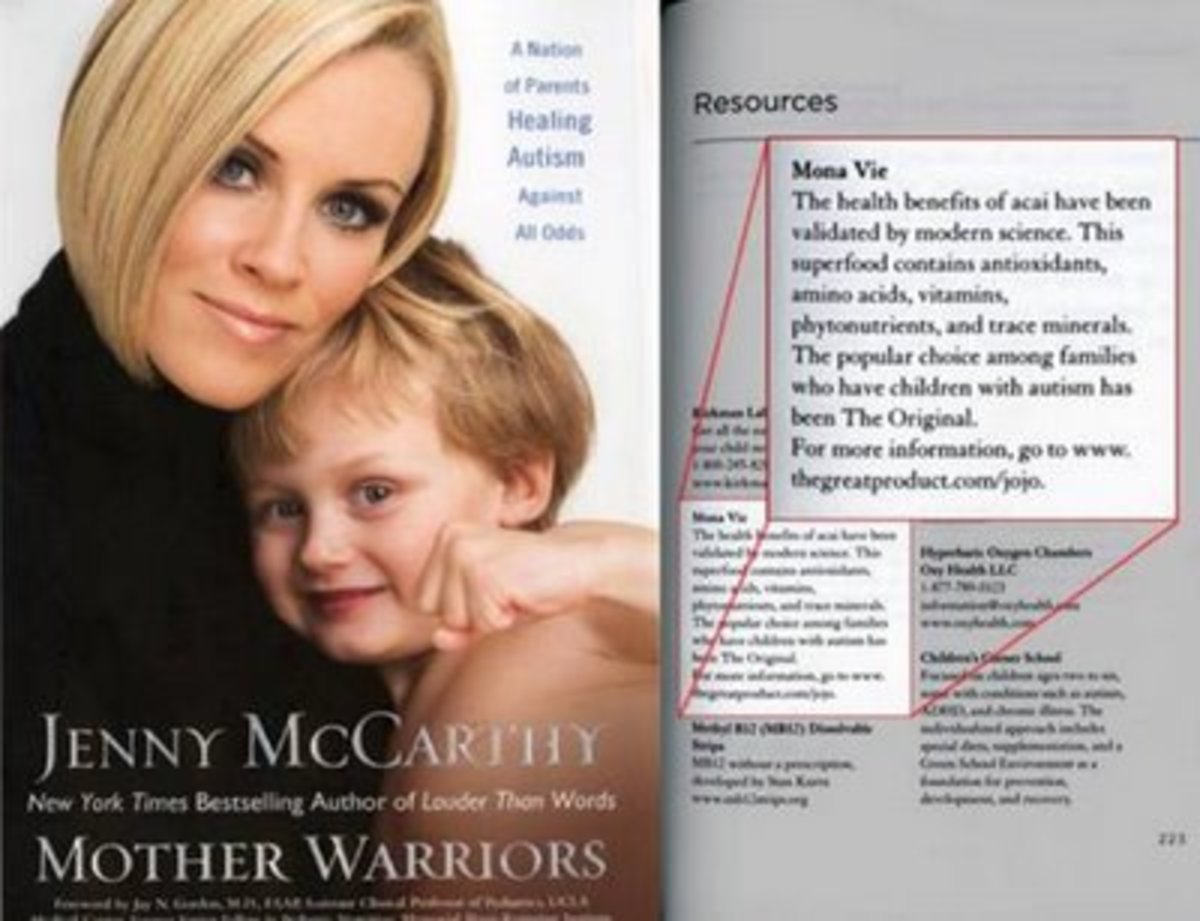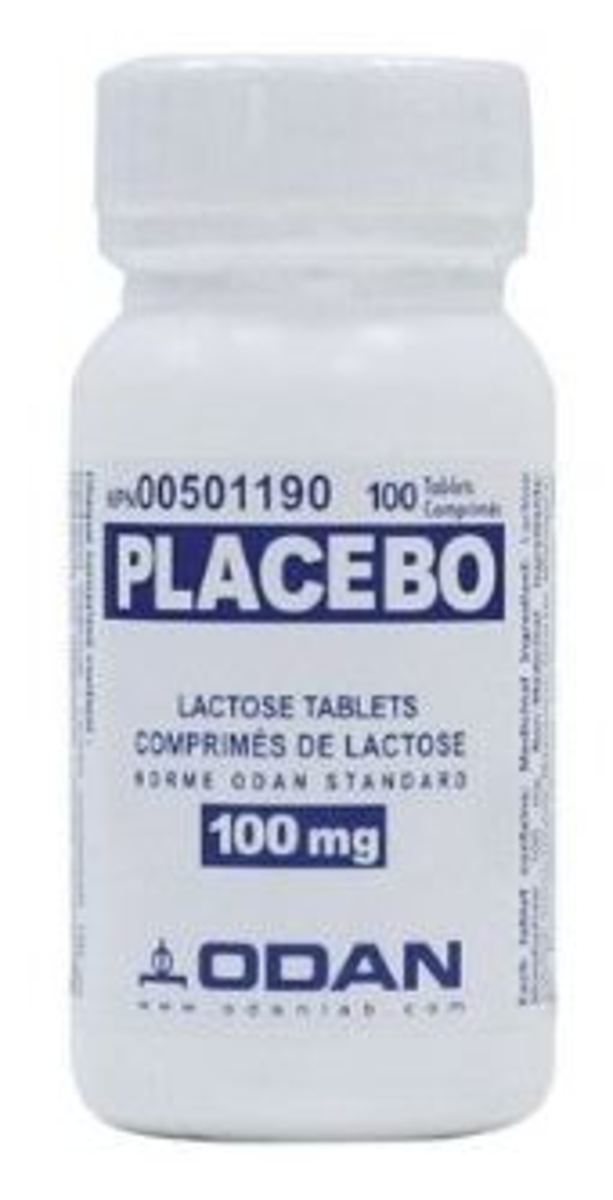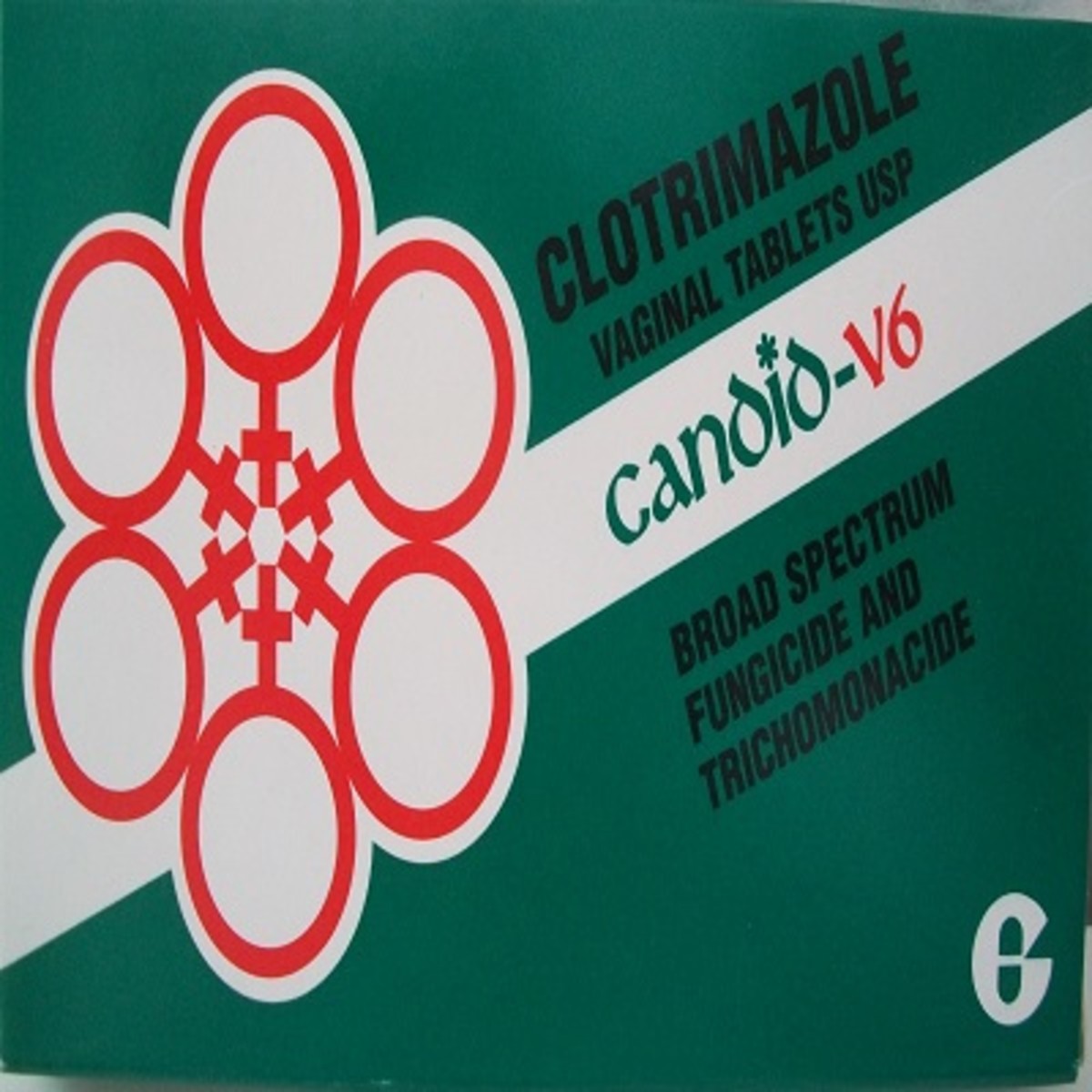What vaccines does my pharmacist offer?


Mrs. Johnson is a 63 year old women who has recently gotten to know her pharmacist very well because she's been talking to him about her husband's pain medicine. He was recently diagnosed with shingles and has been having a lot of pain. During the conversation, Mrs. Johnson mentions that her husband didn't ever receive his shingles vaccine. She asks, "I don't have a doctor's appointment for a few months, is there an easier way to get a vaccine?"
Have you received a vaccine from your pharmacist?

The Short Answer
Most pharmacists can provide any recommended vaccine. Sometimes there are restrictions based on age. Large pharmacy chains are the best place to go for options.
The most common vaccines to get from a pharmacist are the flu vaccine, shingles vaccine, pneumonia vaccine, and whooping cough vaccine.
If it's recommended, your pharmacist can probably give it.

The Long Answer
Vaccines are an important part of healthcare. They prevent diseases that would otherwise cause significant disease, pain, and hardship. They have time and time again been proven to be very effective and very safe.
Vaccines work best when everyone has received their recommended schedule. The Food and Drug Administration (FDA) and the Advisory Committee on Immunization Practices (ACIP) provide indications and recommendations for pediatric and adult vaccine schedules. Pharmacists are usually required to vaccinate based on recommendations from the FDA and ACIP.
Pharmacist provided immunizations give more people the chance to received their recommended vaccines and create healthier people, families, and communities. Vaccines from a pharmacist are very convenient and usually cheaper.
Pharmacist are trained to provide nearly any vaccines you need. Sometimes there are age limits. Sometimes certain vaccines are only given at certain pharmacies or may need to be ordered in advance. In any case, your pharmacist can help you get the vaccines you need.
The most common vaccines pharmacists give
Vaccine name
| What does it treat?
| Who needs this vaccine?
|
|---|---|---|
The flu shot
| Seasonal influenza
| Everyone, every year
|
Zostavax
| Shingles
| Everyone 50 years old or older
|
Pneumovax and Prevnar
| Pneumonia
| Everyone 65 years old or older
|
Boostrix
| Tetanus, whooping cough, diphtheria
| New parents or grandparents
|
Each time a vaccine is administered, the provider reviews the patient to make sure the vaccine is both recommended and safe. Pharmacists receive special training to assess vaccines for each person.
Pharmacists also receive special training about preparing and administering vaccines. Pharmacists are certified by the American Pharmacist Association (APhA) as immunizers and are also trained in CPR and basic first aid in case someone has side effects. Furthermore, the pharmacy has medicine available in case of an emergency.

Some details about the most common vaccines
- The flu shot was the first vaccine to be available through a pharmacist. Everybody (older than 6 months) should get a flu shot every year. Most pharmacists can give the flu shot to people 10 years or older, but each state has different rules. Since the virus influenza (which cause the flu) changes each year, people need a new flu shot each year. Pharmacists have become the number one providers of flu shorts, giving hundreds of thousands each year.
- Zostavax protects people from shingles. Shingles is a disease that causes a rash and pain. Some cases are mild and resolve by themselves, while others can be serious, causing long-term pain. In severe cases, the rash and pain can become permanent and lead to blindness. There are ways to treat shingles, but getting a vaccine is the best way to avoid it. Since the risk for getting shingles goes up as people get older, it is recommended that everyone who is 50 years or older gets vaccinated.
- Prevnar and Pneumovax are two different versions of a vaccine that protect against pneumonia. They work differently, so people should get both. Pneumonia usually isn't life-threatening anymore, although it used to be in the past. But it's still bad to get, since it can cause lots of pain and suffering, require hospitalization and treatments with side effects, and be very expensive. Like shingles, the risk of getting pneumonia goes up when we get older (and the disease gets worse when we are older, too). So it's recommended that anyone 65 years old or older gets both versions of the pneumonia shot.
- Boostrix is one kind of vaccine that has protects against three different diseases. It protects against tetanus, diphtheria, and whooping cough (TDaP). This vaccine is routinely given to children and adults as part of standard care. However, because it protects against whooping cough, it is recommended that new parents, grandparents, and those coming in contact with newborns receive an extra dose of the vaccine. This is because newborns can't protect themselves against whooping cough and it can be very dangerous, or fatal, if they get it.
Remember: Vaccines are an important part of healthcare
Whether you receive your vaccines from your physician, nurse, or pharmacist, remember that it's very important to get the ones that are recommended for you. Vaccines not only protect you from getting sick, they protect your family and community. They also help you avoid high healthcare costs in the future.

Brandon Y is a community pharmacist working in Minnesota with over 10 years of experience in pharmacy. He welcomes comments and questions. Find more great pharmacy tips here.
Disclaimer
The information provided on this page is intended for general educational and informational use only. It is not specific, personalized healthcare advice for you. For healthcare advice regarding your particular situation, talk to members of your healthcare team.

